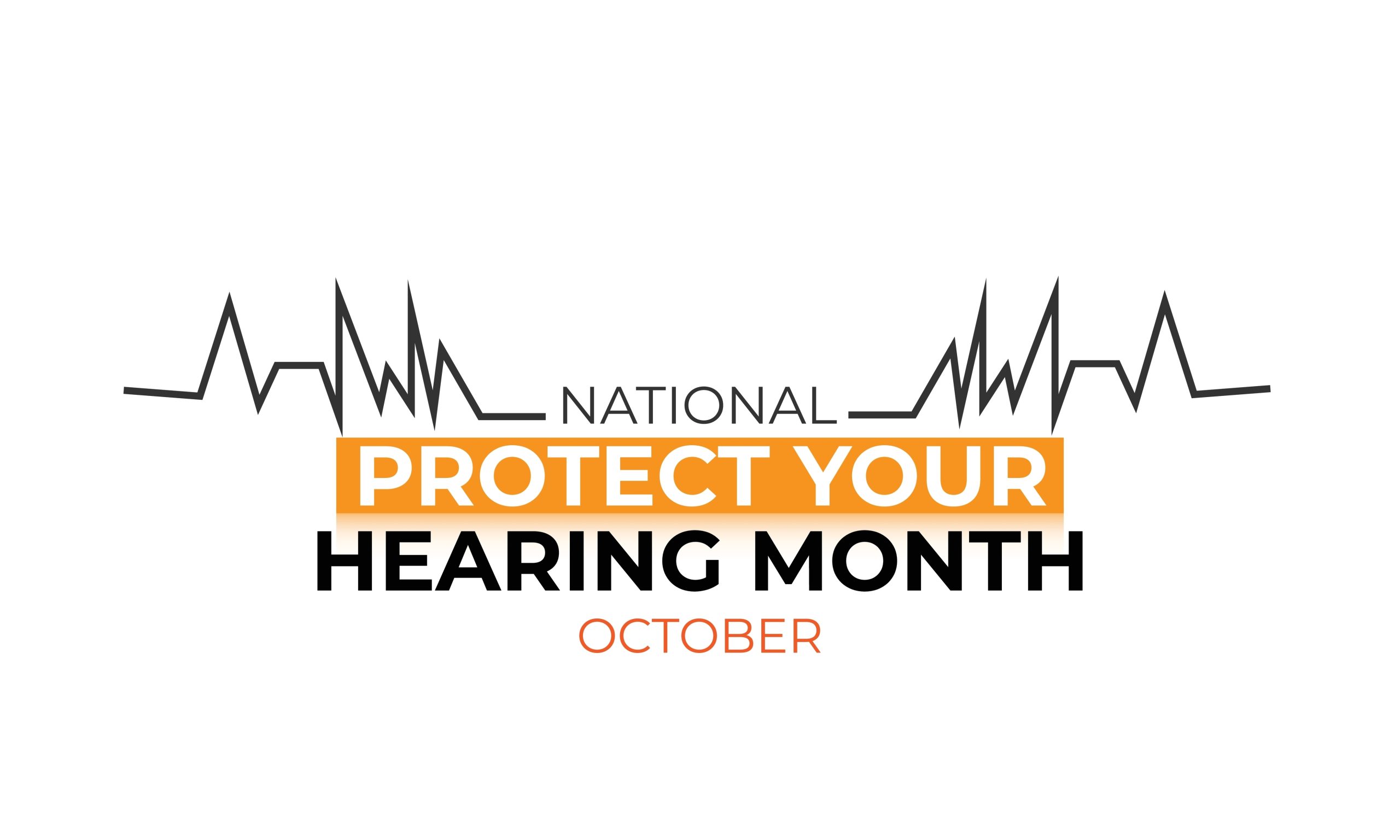
Acoustic interference is an unavoidable aspect of modern life. Our environment—from traffic and yard work to music via personal audio devices—is increasingly loud. The growing volume of sound poses a significant threat to your auditory health unless precautions are taken. The observance of National Protect Your Hearing Month in October provides the perfect opportunity to prioritize the maintenance of this fundamental sense.
How to preserve your hearing: 8 key methods
It’s a relief that basic actions can be implemented to defend your ears from the ambient noise you encounter daily. The following are eight core pointers for protecting your hearing health.
1. Understand volume levels and their impact
The initial action for staving off auditory damage is to determine when a sound level becomes hazardous. The volume of various sounds is measured in decibels (dB), and being subjected to them for too long can cause irreversible hearing impairment. A fast look is below:
- Sounds like heavy traffic or lawn mowers (85–90 dB) can be tolerated safely for a maximum of 2 hours.
- At 100 dB (e.g., motorcycles, construction machinery), hearing damage can begin after only 15 minutes.
- Instant damage is possible after merely a few seconds of exposure to noises over 110 dB, like explosions, gunshots, or fireworks.
A anticipatory mindset regarding noise levels allows you to prevent environments that are detrimental for your hearing.
2. Check sound levels yourself
Curious about how loud your environment really is? Your smartphone offers an simple way to measure these levels. There are many free applications that act as sound meters, enabling you to examine surrounding noise levels. To get accurate results, measure from the distance you usually are from the sound source.
Regular use of this monitoring tool can enhance your understanding of your surroundings, facilitating smarter choices about hearing protection.
3. Don’t crank up the volume on your devices
Regularly playing music or podcasts too loudly is a primary contributor to cumulative hearing damage. Headphones and earbuds, while convenient, frequently carry unrecognized dangers. It’s important that many headphones can reach 100 dB, a level that can induce hearing loss in only 15 minutes of use.
Current data suggests that more than a billion young individuals face the threat of hearing impairment due to loud earbud use. You should never set the volume on your earbuds higher than 50% of the maximum capacity if you want to safeguard your ears. If you need to raise the volume higher to hear, that’s a sign your hearing may already be damaged.
4. Avoid using music to drown out background noise
If you live in a noisy neighborhood or frequently work in loud environments, it might be tempting to use headphones to drown out the background sound. But cranking up the volume to overpower outside noise is harmful. Opt instead for noise-canceling headphones; these devices make it possible to listen to your music or podcasts at a considerably reduced, safer level. Should noise-canceling headphones not be an option, simple earplugs are a viable alternative.
5. Always use earplugs in loud settings
For anyone frequently exposed loud environments—whether at concerts, sporting events, or while operating heavy machinery—earplugs are a must. They are a highly effective yet simple hearing protection solution, being compact, inexpensive, and portable.
Individuals who require earplugs often can get custom-fitted ones, which give superior protection and comfort compared to standard types. Never fail to use earplugs when you are in a noisy location.
6. Adhere to safety recommendations at work
Crucially, if your occupation exposes you to loud machinery or equipment, you must ensure you follow the established safety guidelines for auditory protection. While some employers may disregard the danger, those who insist “it’s not that loud” might already have serious hearing damage and be unaware of the actual volume. Take essential steps to protect yourself by observing all guidelines and wearing the designated protective equipment.
7. Move further away from loud noise
Often, the best strategy for safeguarding your ears is merely to put distance between yourself and the noise. The advantage of distance is that it lessens the sound’s intensity before it reaches your ears, thus serving to minimize the risk of harm. As an illustration, a noise source at 110 dB will be reduced to roughly 100 dB if you stand 20 feet away—a level that allows for up to 15 minutes of safe exposure.
Consider fireworks as a perfect illustration. A firework exploding at 150 dB may seem far away, but if you’re near the launch site, the noise can still exceed 120 dB, causing instant damage. You can nonetheless enjoy the display at a safer level, below 100 dB, by being 2,000 feet away (the length of about five football fields).
8. Existing hearing loss needs to be addressed promptly
If you’ve already developed hearing loss, it’s critical to act before it worsens. Hearing loss doesn’t go away on its own; it progresses. Statistics show that approximately 1 out of 10 adults in the 55-to-64 age group have considerable hearing loss, and this percentage jumps in later years.
When initial signs of hearing loss are disregarded, it only causes the impairment to progress faster. On average, people wait 7 years too long to get treatment. The sooner you consult with a hearing specialist and look into hearing aids or other treatments, the better your chances of preserving your remaining hearing.
Start protecting your hearing now
Use National Protect Your Hearing Month as a chance to make hearing health a main concern. Whether you’ve already experienced some hearing loss or want to prevent future damage, these simple steps can make a big difference.
To avoid future regret, set up a hearing test immediately and manage your auditory health.